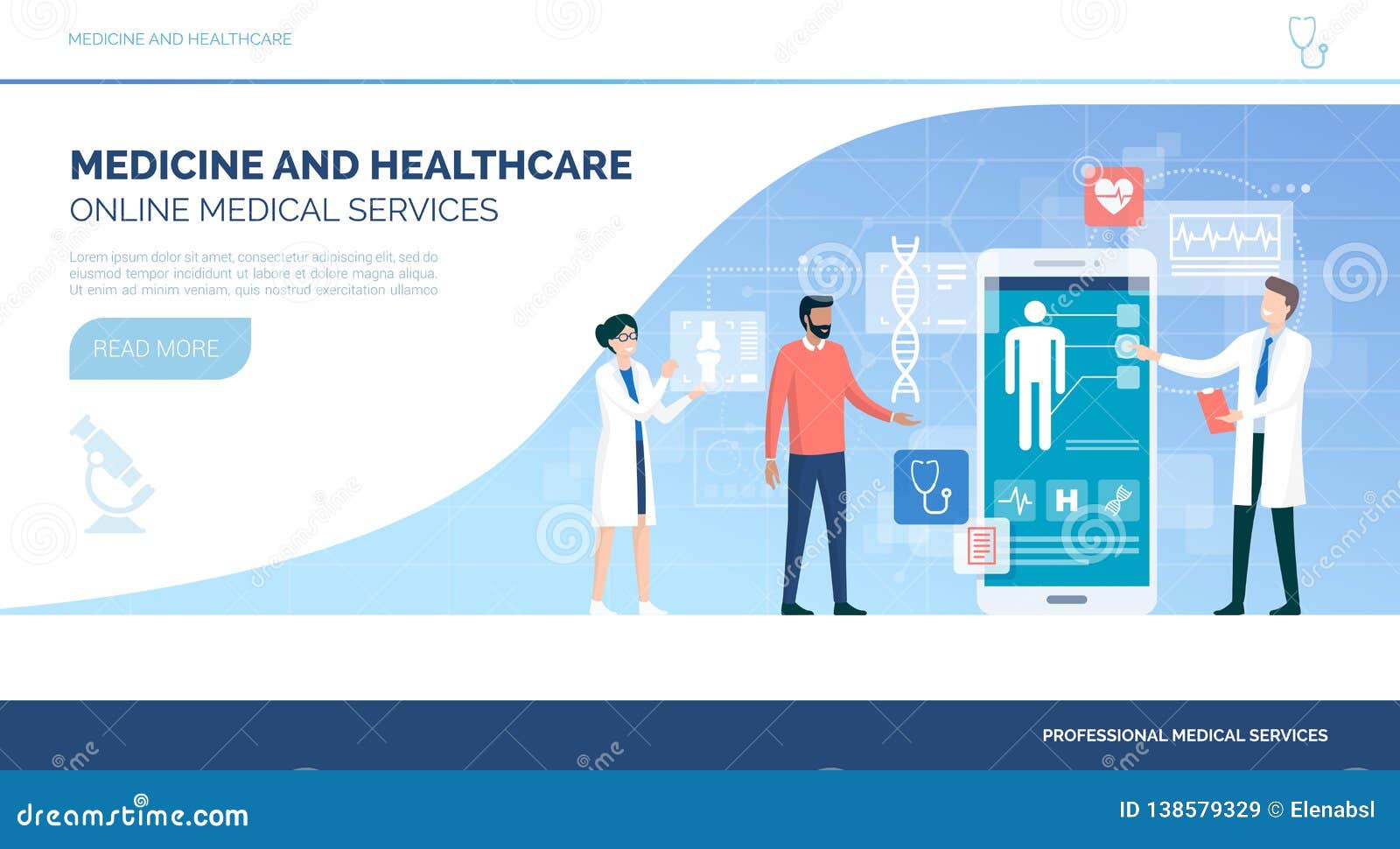Why Subscription Based Healthcare is Acquiring Appeal Among Patients Today
Why Subscription Based Healthcare is Acquiring Appeal Among Patients Today
Blog Article
Comprehending the Cost-Effectiveness of Subscription-Based Healthcare Models
As the medical care landscape advances, subscription-based designs arise as a compelling choice, guaranteeing to redefine just how people handle medical expenditures. Evaluating these designs' cost-effectiveness demands a nuanced contrast with traditional insurance coverage, taking into consideration both economic implications and client complete satisfaction.
Overview of Subscription-Based Versions
Subscription-based health care versions, often referred to as direct key treatment or attendant medication, are significantly gaining attention as a prospective service to inadequacies within traditional medical care systems. These versions operate the concept of offering patients straight access to doctor via a yearly or regular monthly fee, bypassing the demand for typical insurance mechanisms. This plan aims to enhance patient-provider interactions by minimizing management concerns, which often impede personalized and prompt care.
At the core of subscription-based models is the focus on an extra personalized patient experience. Clients take advantage of boosted accessibility to their physicians, often consisting of next-day or same-day appointments, prolonged consultation times, and direct interaction channels such as phone or video clip calls. This version cultivates a positive strategy to healthcare, where companies and clients can collaboratively focus on preventative treatment and chronic disease monitoring.

Price Comparison With Conventional Insurance Policy

One of the main monetary advantages of membership models is openness in expenses. Conversely, conventional insurance policy might be extra helpful for people needing specialized care or costly treatments not covered under a subscription design, as they profit from the more comprehensive coverage network and cost-sharing mechanisms.
However, cost-effectiveness is context-dependent. While membership versions could use financial savings for those primarily needing primary treatment, individuals with chronic conditions or specialized healthcare needs could find standard insurance extra thorough. Examining details healthcare demands and prospective usage is crucial in determining the most cost-effective choice for people.
Influence On Person Fulfillment
Patient fulfillment within subscription-based healthcare designs commonly reflects a substantial improvement over standard insurance systems. Unlike traditional systems, where people could experience delays in getting treatment, subscription-based designs make sure even more prompt and straight communications with healthcare providers.
In addition, the transparency in costs connected with subscription-based healthcare reduces the common irritations associated with unanticipated fees and complicated billing procedures seen in conventional insurance policy (subscription based healthcare). Patients appreciate recognizing the specific monetary commitment upfront, bring about increased depend on and confidence in their health care administration
Additionally, the focus on preventative care and wellness in subscription designs adds to improved health end results, further improving patient contentment. By focusing on ongoing health upkeep instead of episodic care, clients experience an even more constant and alternative healthcare journey.
Furthermore, the improved provider-patient partnership cultivated in these versions, identified by more time spent per patient and personalized interest, plays a vital role in boosting individual complete satisfaction degrees, as clients really feel really cared for and comprehended.
Company Point Of Views and Experiences
From the supplier's perspective, subscription-based health care models offer a transformative approach to providing clinical services. These versions emphasize a positive and preventative medical care method, permitting service providers to concentrate on thorough individual redirected here treatment without the restraints of traditional fee-for-service arrangements (subscription based healthcare). This shift in emphasis frequently results in boosted individual results and enhanced supplier fulfillment, as medical care experts can allot more time and sources to client involvement and individualized care plans
Moreover, subscription models assist in predictable revenue streams, which boost economic stability for health care service providers. This predictability allows for boosted source planning and allotment, adding to a much more efficient health care shipment discover this info here system. Providers can buy personnel training, framework, and innovation improvements, therefore enhancing the high quality of care provided.
Nonetheless, the transition to subscription-based models is not without obstacles. Companies have to adapt to brand-new functional frameworks, which can include substantial modifications in payment methods and client administration systems. Furthermore, there is a fundamental demand for durable data administration to track client results and ensure quality treatment. Despite these obstacles, many companies locate that the advantages of boosted individual communication and structured procedures outweigh the initial difficulties, making subscription-based models an eye-catching option.
Future Leads and Challenges

A main challenge is regulative conformity, as subscription designs need to adhere to progressing medical care policies and insurance demands. This demands continuous adaptation and development to make sure placement with legal requirements. Additionally, incorporating these models right into existing health care infrastructures can be complicated, calling for substantial investments in modern technology and training.
There is likewise the possible risk of creating injustices in healthcare access, as registration models could prefer those that can afford them, leaving vulnerable populations underserved. Resolving this calls for thoughtful factor to consider of pricing approaches and subsidy devices to guarantee inclusivity.
Conclusion
Subscription-based medical care models present a sensible alternative to typical insurance coverage by providing financial predictability and openness, specifically profiting people with persistent problems or regular healthcare requirements. The cost-effectiveness of these designs is contingent click for info upon individual health care usage patterns and conditions.
Subscription-based healthcare designs, sometimes referred to as direct main care or attendant medication, are significantly obtaining interest as a potential solution to inefficiencies within standard medical care systems. Unlike traditional systems, where patients may experience delays in receiving care, subscription-based versions make sure even more direct and timely interactions with healthcare service providers.
These models highlight a aggressive and preventative healthcare strategy, permitting service providers to concentrate on comprehensive client care without the constraints of traditional fee-for-service setups. As these models continue to obtain traction, they supply the possible to revolutionize client access to care, simplify service delivery, and enhance medical care investing.Subscription-based medical care designs offer a sensible alternative to conventional insurance policy by offering economic predictability and openness, especially profiting people with chronic problems or constant health care needs.
Report this page